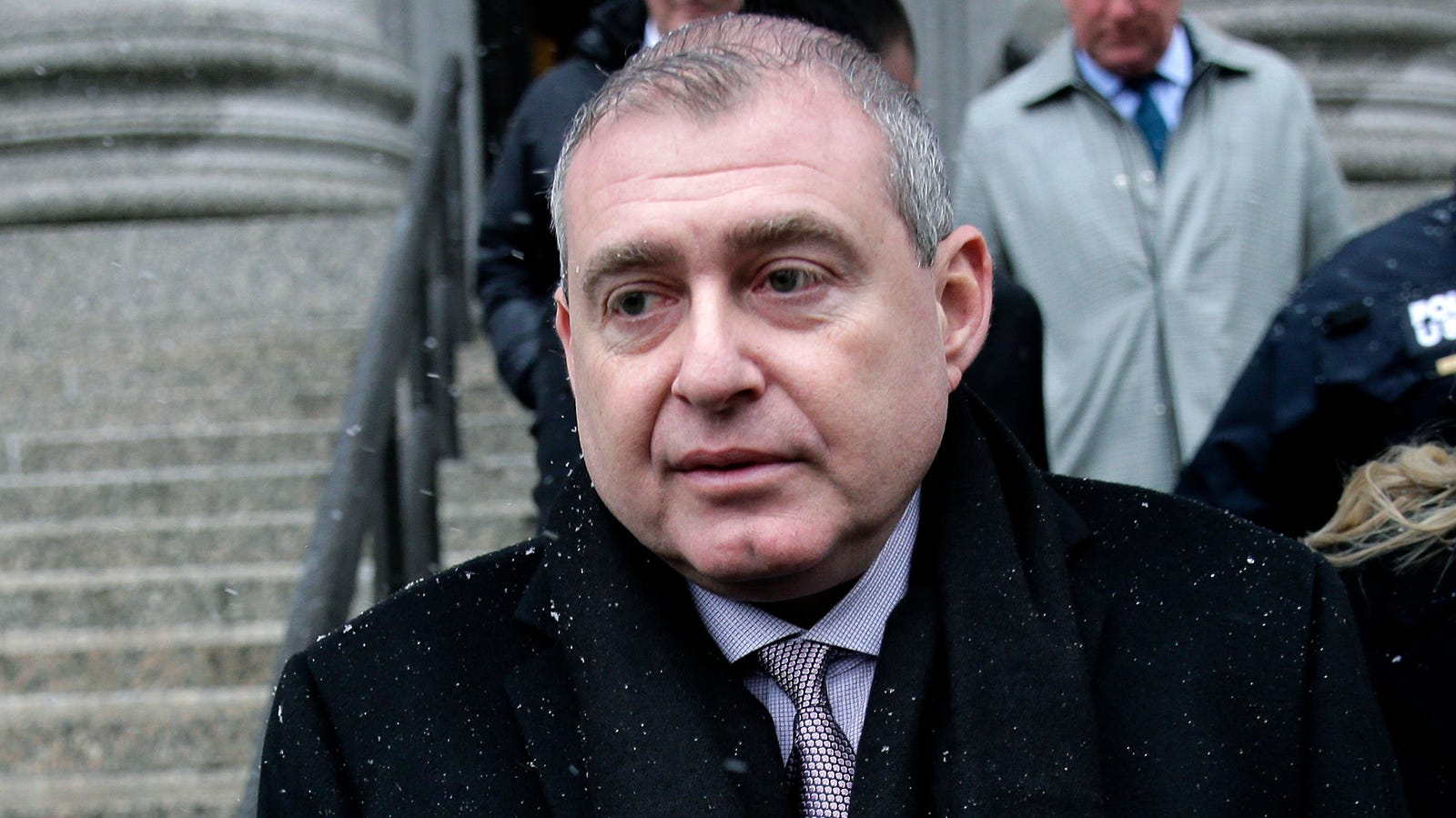The U.S. Department of Justice claimed in a letter to a federal judge this week that it took almost two months for the FBI to break into an iPhone 11 owned by Lev Parnas, a former associate of Donald Trump’s lawyer, Rudy Giuliani, who has been sucked into the sprawling impeachment mess facing the White House, Bloomberg reported on Tuesday. That the FBI managed to unlock the device at all may raise eyebrows, given that the DOJ and FBI have both recently ramped up pressure campaigns claiming they desperately need Apple’s assistance to unlock its devices and demanding Apple build backdoors into its encryption.
Parnas claims he acted as a fixer in Trump’s scheme to coerce the Ukrainian government into launching a sham investigation of Democratic presidential candidate Joe Biden by withholding nearly $400 million in defense aid—the matter at the center of the ongoing impeachment trial Trump now faces in the Senate. Parnas, who told MSNBC’s Rachel Maddow last week that Trump and numerous other high-ranking White House officials had full knowledge of the plan, was indicted on separate charges of funneling foreign money into U.S. elections in October 2019. He is currently out on bail.
According to a House Intelligence Committee letter, the iPhone and other devices were seized by federal authorities upon the arrest of Parnas in October. They’re still being held by the feds, but Parnas later agreed to cooperate, and his defense team began seeking permission to obtain whatever data the FBI had extracted from the devices and share some of it with House investigators. Parnas’s attorney, Joseph A. Bondy, tweeted that the DOJ had successfully extracted data from the iPhone 11 in question on December 3, 2019, but claimed it deliberately did not turn over the documents until New Years’ Eve. (The documents have since been transferred).
In a response to U.S. District Judge J. Paul Oetken, the DOJ wrote that “First, Parnas declined to provide the password to his devices, which is of course his right, but which required the FBI to spend nearly two months unlocking the iPhone 11.” It also claimed other delays such as counsel for Parnas not providing a hard drive to transfer the information for over two weeks and not being able to navigate the content of the files, requiring technical support from the government. The letter also says that FBI efforts to unlock other devices belonging to Parnas are ongoing.
A report in Motherboard indicated that the company that unlocked the device was Cellebrite, an Israeli company specializing in equipment that can be used to bypass security built into iPhones and other manufacturers’ devices. As Apple Insider noted, the House Intelligence Committee released some of the documents in a format used by Cellebrite. Other files in the batch allude to Parnas’s apparent efforts to broker a meeting between Trump and Ukrainian President Volodymyr Zelensky.
The iPhone 11 was released in September 2019, around the same time as a major iOS security update. As Bloomberg noted, that timeline suggests the FBI was able to penetrate one of Apple’s most secure iPhones, and it’s not even clear whether it really took two months or investigators waited to contract the matter out. At the same time, the DOJ, the FBI, and Trump himself have continued to pressure the company into building surveillance backdoors into its security—this time around in relation to two older iPhones owned by a mass shooter who attacked the Naval Air Station Pensacola in Florida in December 2019.
That’s despite the fact that such backdoors could compromise security for everyone, not just terrorists. The FBI has also previously claimed to be unable to crack Apple’s encryption on phones owned by terrorists before turning to third-party hackers before.
Apple has also said it provides significant assistance to law enforcement, including providing federal investigators with “many gigabytes” of iCloud data from the Pensacola shooter. On Tuesday, Reuters reported that the company had axed plans to allow iCloud users to fully encrypt their device backups after pressure from the FBI.
source: gizmodo

Comments
Post a Comment